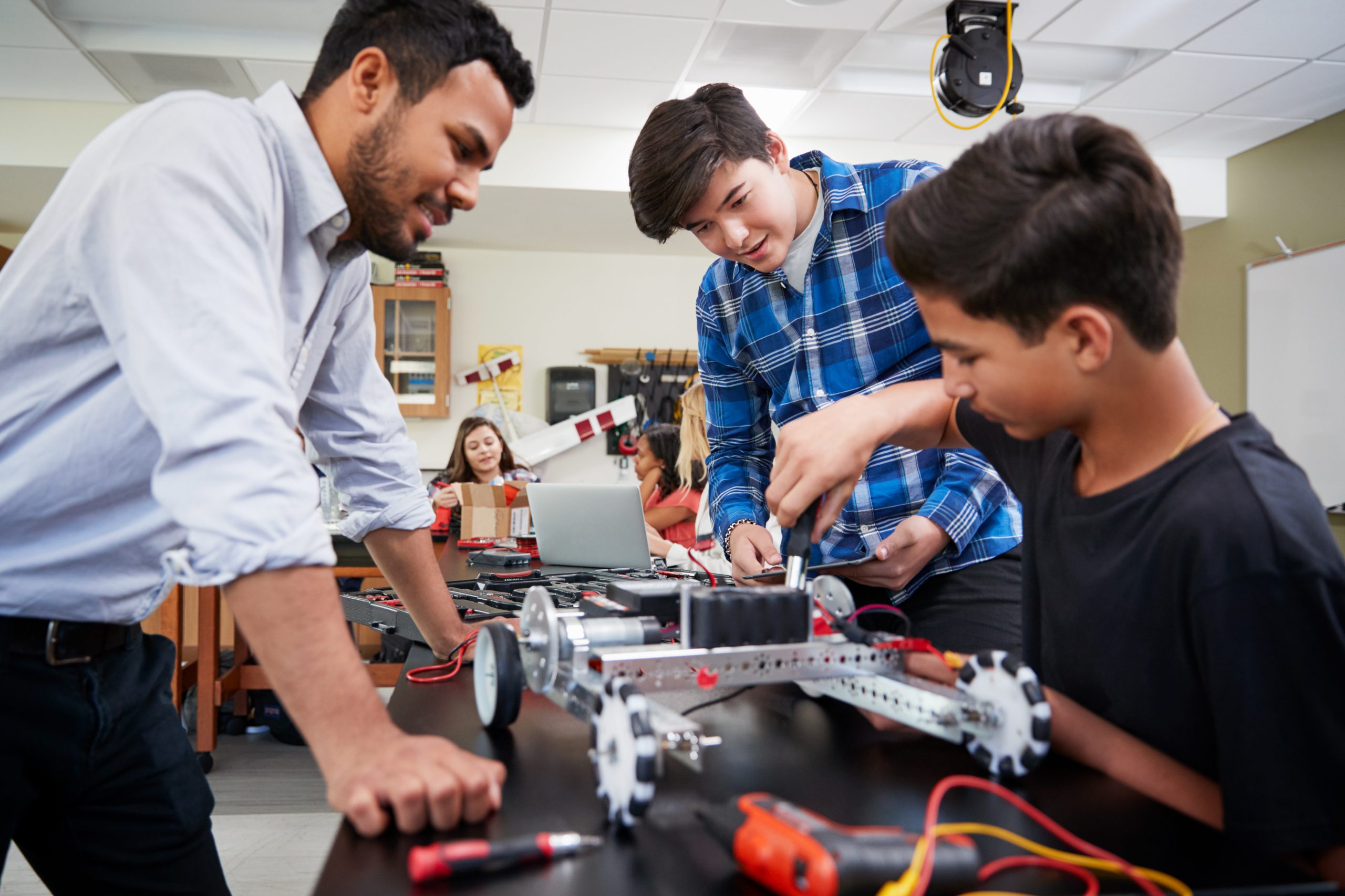
The concept of the 3Rs of education appears to have originated in the 19th century although it’s fascinating to think that the notion that reading, writing, and arithmetic should serve as the core foundation for learning even appears in the writings of St. Augustine. There’s a reason that the concept of a focused set of skills has lasted the test of time. The concept is simple, targeted, and achievable.
As we find ourselves settling into the 21st century, isn’t it time to reflect on what the core of learning should be, and at the risk of offending Augustine, perhaps expand into a 4th R? I vote to include READINESS.
One of the things we learned during the pandemic is that technology provides a much more robust set of tools to measure competency and even mastery of skills. Students are familiar using Kahoot, Quizlet, and other specialized assessment applications to measure baseline capabilities. The problem with our current approach to using these tools is that we are satisfied using them as a source for measurement rather than using them to rethink the curriculum.
School boards and their constituencies love data, and it’s been helpful to show progress in specific communities and to narrow the achievement gap between students in some states. However, what if we used targeted data to allow more students to opt out of a curriculum that doesn’t meet the most important metric we should start considering – readiness for them to be successful in professions and trades that will equip them to contribute to a rapidly changing workplace?
Over the last year, I’ve been giving my own children all kinds of assessments that test not only aptitude but interest in different work roles and the specific tasks associated with them. One has shown particular interest in creative professions associated with the arts. Another has a sharp sense that business or entrepreneurship lines up with his passions. Another is all over technology and designing and creating novel applications.
So, here’s the question. Why are we satisfied that all three of them should follow the same core curriculum in middle and high school? Why should all have to achieve the same mastery of advanced sciences and historical periods when they would be better served taking courses that align with their passions and interests?
There should certainly be standards that ensure that every student has the requisite math, reading and writing skills to contribute and excel in society, but where is the focus on readiness for that same society that is so different than the one that existed when current curriculum standards were designed?
In practice, we should begin to have the national and subsequent local conversations about the core skills that every American should possess. In addition to the 3Rs, my list would include civic engagement, rhetoric, and enhanced problem-solving skills. Then, we should lean heavily on the private sector to design tools and technologies that would allow us to assess students’ aptitudes in the core skills and to design ways to predict career paths earlier in a student’s life. We can then use those measures to create much more meaningful educational experiences. We’ve seen this work with our corporate clients. It’s time to apply that learning to this generation.
As businesses grapple with the need for capable and equipped staff, there has never been a better time for us to consider a 4th R. Let’s focus on a new type of curriculum that stresses READINESS, and let’s begin the conversation today.